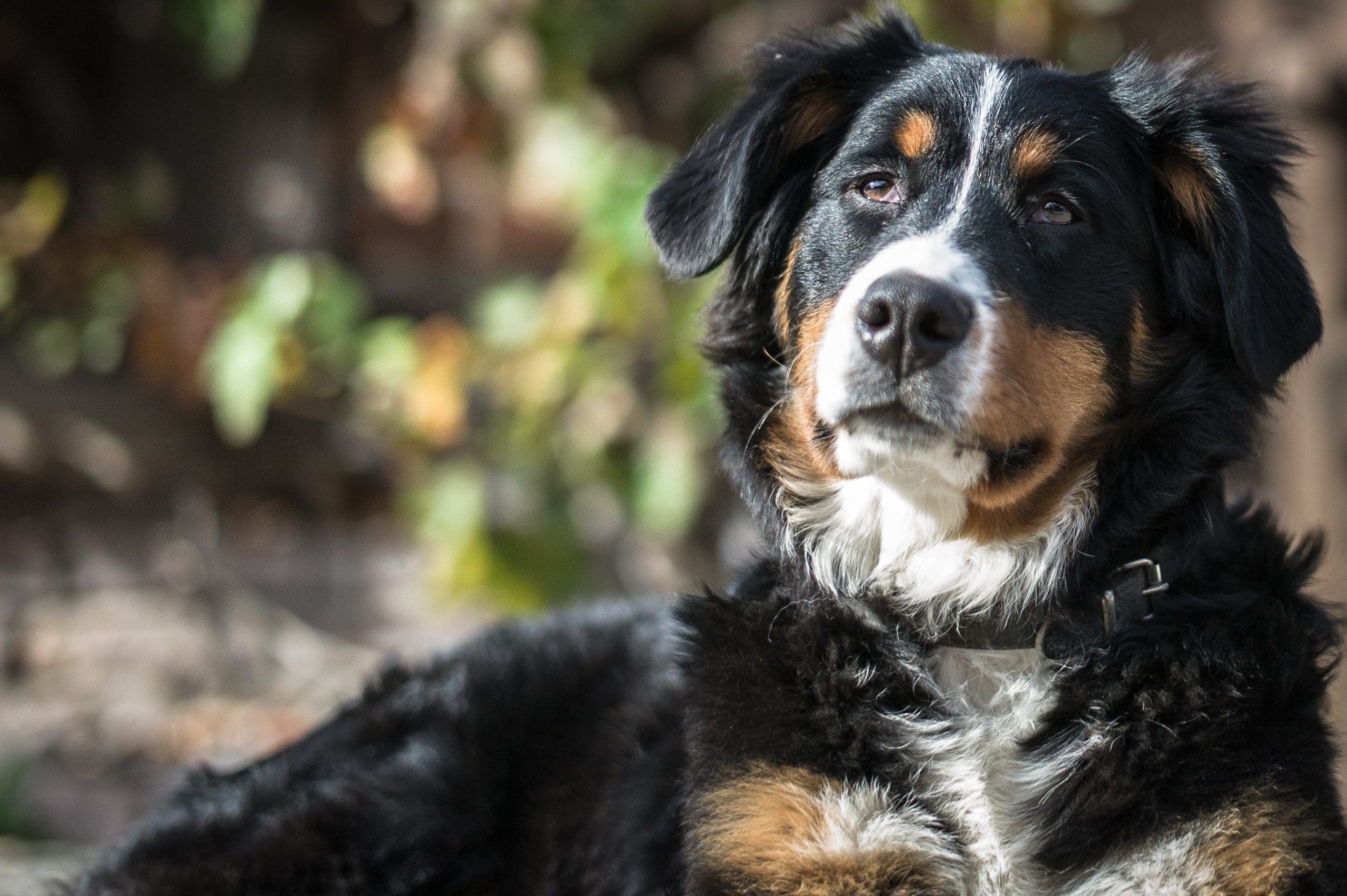If you’ve noticed a strong odor coming from your dog’s urine, you’re not alone. Many dog owners encounter this issue, which can be concerning but is often manageable. Identifying the reasons behind the unpleasant smell can lead to solutions and help ensure your dog’s overall health.
The Role of Diet
The food your dog consumes significantly impacts the smell of their urine. Certain diets, particularly those high in protein or specific fish, can result in a more pungent odor. If you’ve changed your dog’s food recently, consider whether it might be the culprit. Ingredients like asparagus can also contribute to a stronger scent.
Importance of Hydration
Hydration plays a vital role in urine concentration and odor. A well-hydrated dog produces less concentrated urine, which typically has a milder scent. Insufficient water intake can lead to stronger-smelling urine. Ensure your dog has constant access to fresh water and monitor their drinking habits. A decrease in water consumption may signal an underlying health concern.
Health Conditions to Consider
Foul-smelling urine can often indicate health issues. Urinary tract infections (UTIs) are common culprits and may come with symptoms like frequent urination, straining, or blood in the urine. If you suspect a UTI, prompt veterinary care is essential, as untreated infections can lead to serious complications.
Other health problems, such as diabetes and liver disease, can also alter urine odor. Dogs with diabetes might produce sweet-smelling urine due to excess sugar, while liver disease can give urine a musty scent. If you observe significant changes in your dog’s urine odor, consulting a veterinarian is crucial for proper diagnosis and treatment.
Age-Related Changes
As dogs age, their bodies may undergo changes that affect urine odor. Senior dogs may develop conditions that contribute to stronger-smelling urine, making regular veterinary check-ups increasingly important. These visits can help detect potential health issues early.
Medications and Their Impact
Some medications can lead to changes in urine odor. If your dog has recently started a new medication, consider whether it might be affecting the smell. Always consult your veterinarian regarding any concerns about your dog’s urine after starting a new treatment.
Monitoring Urination Patterns
Changes in urination habits—such as increased frequency or accidents in the house—can signal underlying problems. These changes may indicate a UTI, diabetes, or other health issues. Keeping track of your dog’s bathroom habits can provide valuable information for your veterinarian.
Grooming and Hygiene
A dog’s overall hygiene can also impact urine odor. Dogs that are not regularly groomed may have stronger-smelling urine due to bacteria and build-up in the genital area. Regular grooming and bathing can help minimize odors and keep your dog smelling fresh. If your dog has long fur or tends to get dirty, maintaining a grooming routine is essential.
Environmental Factors
Your dog’s environment can contribute to urine odor as well. If they spend significant time outdoors, scents from their surroundings may interact with their urine, enhancing the smell. For instance, marking territory in strong-smelling areas can influence the overall odor.
Individual Variation
Every dog is unique, and their bodies may respond differently to various factors. While some dogs naturally have stronger-smelling urine, any significant or persistent changes should be investigated. Trust your instincts as a pet owner; if something seems off, it’s wise to seek answers.
Holistic Approach to Managing Odor
To address strong-smelling urine, consider a holistic approach. Evaluate your dog’s diet, hydration, health, grooming habits, and lifestyle. Keeping a record of any changes or observations can assist in discussions with your veterinarian, aiding in diagnosing potential issues and ensuring your dog receives appropriate care.
Importance of Regular Veterinary Check-Ups
Regular veterinary visits are crucial for your dog’s health. These appointments allow for monitoring health, early detection of issues, and advice on nutrition and hygiene. If you notice concerning changes in your dog’s urine, schedule a visit. Your veterinarian can perform tests to identify the cause of the odor and recommend treatments.
Lifestyle Adjustments for Improved Odor
Making lifestyle adjustments can help manage urine odor. Ensuring your dog remains hydrated, adjusting their diet, and maintaining proper hygiene can significantly impact urine smell. If your dog has a specific health condition, working with your veterinarian can provide tailored strategies to improve their quality of life.
By understanding the factors contributing to your dog’s foul-smelling urine, you can take proactive steps to address any potential issues. Pay attention to your dog’s diet, hydration, health, and grooming habits to help minimize unpleasant odors and support their overall well-being.



